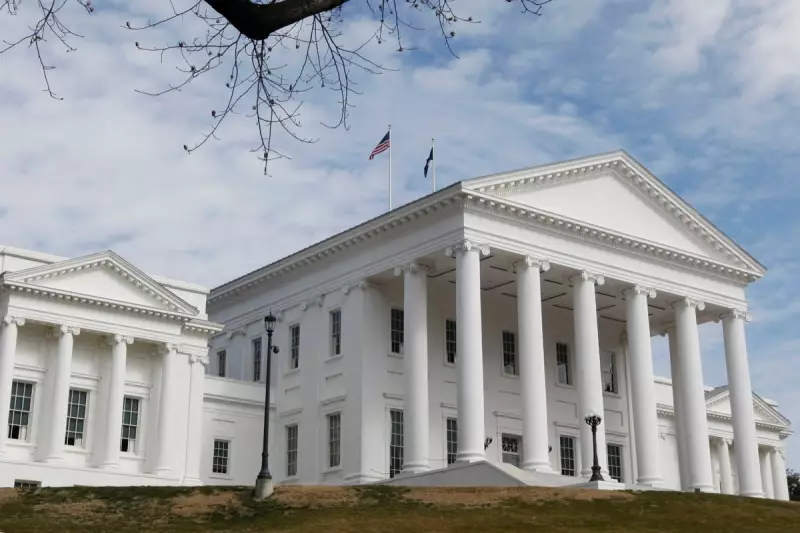
In a dramatic reshaping of America's political landscape, two southern states are forging ahead with congressional redistricting plans that could significantly alter the balance of power in Washington. Louisiana and Virginia have become the latest battlegrounds in the ongoing war over electoral maps, with profound implications for Black voter representation and Democratic prospects in the upcoming elections.
Louisiana's Landmark Redistricting Breakthrough
After months of political wrangling and legal challenges, Louisiana legislators have approved a new congressional map that establishes a second majority-Black district. This landmark decision comes in response to federal court rulings that found the state's previous maps likely violated the Voting Rights Act by diluting Black voting power.
The newly configured 6th District, stretching from Shreveport to Baton Rouge, creates a voting bloc where Black residents constitute the majority. Political analysts suggest this could deliver a crucial additional seat to Democrats in the closely divided House of Representatives, potentially shifting the national political calculus.
Virginia's Bipartisan Compromise Unravels
Meanwhile, in Virginia, Governor Glenn Youngkin has signed new congressional boundaries into law, ending years of deadlock but creating fresh political uncertainties. The Republican governor approved maps drawn by a bipartisan commission, though the final version emerged from court-appointed experts after the commission failed to reach consensus.
These new Virginia districts maintain the state's current partisan balance of eight Democratic and four Republican seats. However, the reshuffling creates new competitive dynamics that could see several incumbents facing tougher re-election battles in what promises to be a closely watched political theatre.
Legal Battles and Political Consequences
The redistricting developments come amid intense legal scrutiny across multiple states. Civil rights organisations have hailed Louisiana's new map as a victory for voting rights, while some Republican legislators have expressed concerns about the process.
These boundary changes represent more than just lines on a map - they could determine which party controls Congress after the 2024 elections. With the House currently hanging in the balance, even a single seat shift could have monumental consequences for legislative priorities and presidential agendas.
What This Means for Future Elections
Political strategists from both parties are closely monitoring how these new districts will perform in practice. The changes particularly affect:
- Black voter representation in Southern states
- Democratic chances of reclaiming House control
- Republican efforts to maintain their slim majority
- The evolving legal landscape of voting rights
As the 2024 election cycle accelerates, these redistricting decisions in Louisiana and Virginia underscore how state-level political manoeuvring continues to shape national politics in profound and unpredictable ways.





